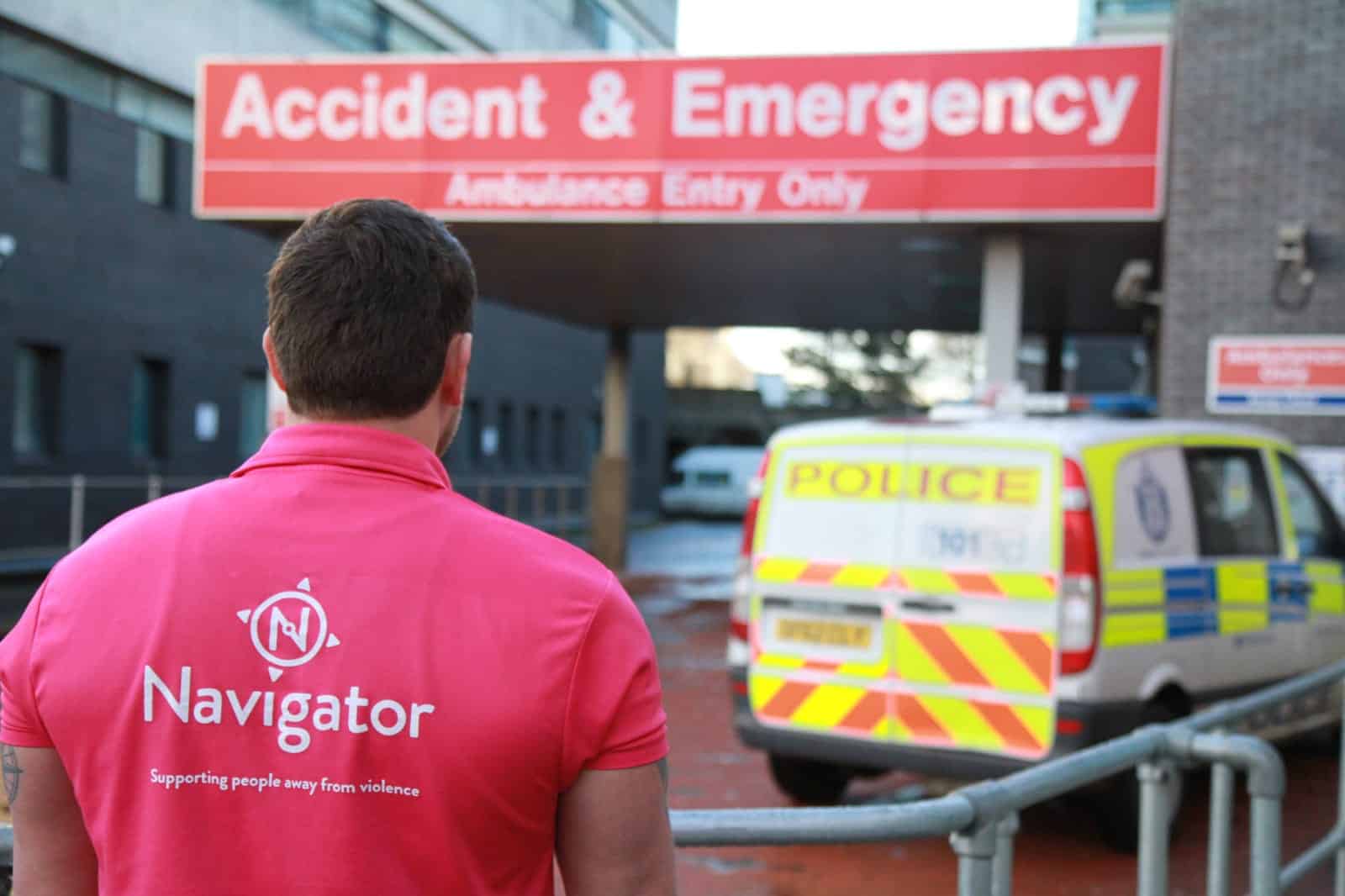Only one in three family doctors in America today accepts new patients who get their health insurance through Medicaid. In many parts of the country, that number is significantly lower. In Denver, Colorado, for example, where physician Dr. P.J. Parmar has his practice, it was once as low as one in five. That means that even low-income families with health coverage find it nearly impossible to use it.
According to Parmar, many doctors see these patients as a nuisance—more work, because they perhaps show up late for appointments or don’t speak English very well, he says, and for less pay. But Parmar sees it differently. He sees a business opportunity.
He calls it “bleeding-heart capitalism.” And he’s calling on his fellow doctors to step up and join him.
The bleeding-heart capitalist medical model works like this:
Parmar has a medical office, Ardas Family Medicine on Colfax Avenue in Denver, “once called the longest, wickedest street in America,” he says in his 2018 TED Talk. Parmar calls it a “medical desert.” He opened his office after graduating medical school to exclusively serve resettled refugees, not as a non-profit, but as a private business. The trick is that all the frills have been stripped away, which not only lowers costs but, according to Parmar, actually makes the clinic work better for patients too.
For example, the clinic doesn’t accept appointments—they take walk-ins only, which means zero no-shows for the clinic, zero no-show fees for the patients and flexibility for all parties. It’s also more familiar to patients. “At least a couple times a week, someone says this feels just like Africa,” Parmar says in an interview with Pacific Standard. Because the clinic only accepts Medicaid appointments, they don’t need multiple staff members to chase down insurance claims from multiple providers; the doctors bring their patients from the waiting room into the clinic room themselves; and because the clinic is so popular, they’ve never had to pay for advertising.
“We break down the walls of our medical maze by taking the challenges of Medicaid patients, turning them into opportunities and pocketing the difference,” says Parmar in his TED Talk.
“I have a capitalist drive to innovate. I have to be fast and friendly. I have to be cost-effective and culturally sensitive.”
Since it opened seven years ago, Ardas has seen over 60,000 patients, about 90 percent of whom have their medical coverage through Medicaid or CHP. With the rest mostly uninsured—and mostly seen for free—a full 97 percent of Ardas’s income comes from Nepali, Burmese, Somali, Iraqi, Rwandan, Eritrean and former Soviet/Eastern European refugee patients, over 30 percent of whom are 18 years old or younger.
And while Parmar isn’t the only one making profit in underserved medicine—Dr. Dave Ores on New York’s Lower East Side, for example, has been providing stripped-down affordable care for years—Parmar says it’s far too rare a model, especially when the financial opportunities are great.
“Medical folks, you wrote on your school application essays that you wanted to help those less fortunate. But then you had your idealism beaten out of you in training. Your creativity bred out of you. It doesn’t have to be that way. You can choose underserved medicine as a lifestyle specialty. Or you can be a specialist who cuts cost in order to see low-income folks,” he says.
“The only way we’re going to bridge the underserved medicine gap is by seeing it as a business opportunity. The only way we’re going to bridge the inequality gap is by recognizing our privileges and using them to help others.”






